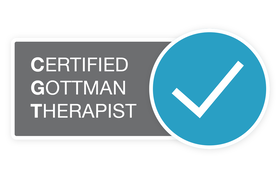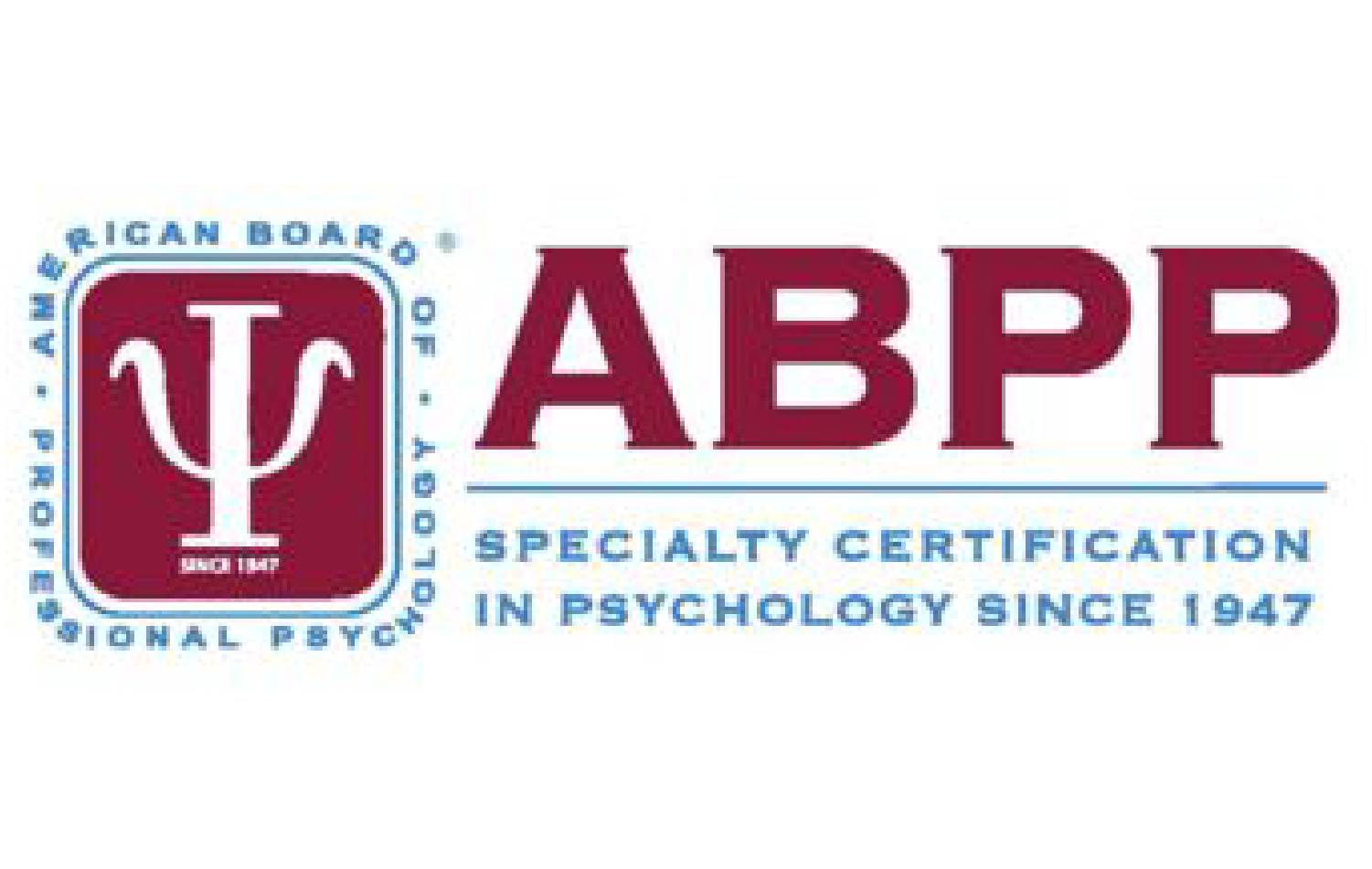Cognitive Screening for Dementia
Overview
“Dementia is a clinical syndrome characterized by the impairment of multiple cognitive domains that is severe enough to interfere with one’s usual social and occupational functioning”. The incidence of dementia in the United States is projected to skyrocket from about 5 million individuals affected in 208 to almost 14 million by 2030, all of whom will present with disabling behavioral symptoms, from memory disturbances to agitation. There are different types of dementia such as Alzheimer’s Dementia, Dementia with Lewy Bodies, Frontotemporal Dementia and Vascular Dementia. One of the most prominent and early clinical feature of Alzheimer’s Disease is characterized by a deficit in the ability to learn, store, and retrieve information that is newly acquired through personal experience. This learning and memory deficit involves both verbal and nonverbal (i.e., visual) memory and is characterized by “rapid forgetting” of recently acquired information. Other dementia present with different deficits.
Why getting tested?
Getting tested will help you make sense of the symptoms you or your relative might experience help with diagnosis and guide treatment.
What are we testing?
- Episodic Memory corresponds to the ability to learn, store, and retrieve information that is newly acquired through personal experience.
- Semantic Memory refers to knowledge that is culturally shared, usually over-learned, and not temporally specific.
- Executive Functions and Attention include Initiation of a task, Planning, Sequencing of information, Shifting tasks, Task monitoring and Emotional control.
- Visuo-spatial abilities refer to a person’s capacity to identify visual and spatial relationships among objects.
- Behavioral Symptoms (e.g., Agitation) refer to physical and verbal behaviors that are excessive, inappropriate, repetitive, nonspecific, and observable.
Forensic Evaluation
The purpose of a Forensic Examination is to provide information about the examinee’s functional abilities, capacities, knowledge, and beliefs, and address our professional opinion and recommendations to the identified psychological issues.
We use assessment procedures in the manner and for the purpose that are appropriate in light of the research on or evidence of their usefulness and proper application. This includes the personality tests, others tests (e.g., measure of intellectual functioning, executive functions), clinical interview and other procedures and their administration, adaptation, scoring and interpretations including computerized scoring and interpretation system.
We use assessment instruments whose validity and reliability have been established for use with members of the population assessed.
Psychological Evaluations
are used to:
- Clarify psychiatric diagnosis,
- Guide and improve psychotherapy and inform psychiatric treatment, including choice of medications,
- Collaborate with all treating personnel to achieve optimal therapeutic effect.
Neuropsychological Evaluations
are used to:
- Assess cognitive level of functioning and to aid in diagnosis of neurological conditions, including dementia, mild cognitive impairment, traumatic brain injury and attention deficit disorder,
- Produce a profile of individual strengths and weaknesses to guide cognitive remediation, inform psychotherapy and improve daily functioning.
- Assess Short-term and long-term memory,
- Assess the ability to learn new skills and solve problems,
- Assess attention, concentration, and distractibility,
- Evaluate Logical and abstract reasoning functions,
- Assess the ability to understand and express language,
- Measure visual-spatial organization Visual-motor coordination,
- Evaluate planning, synthesizing and organizing abilities,
- Clarify diagnosis.





